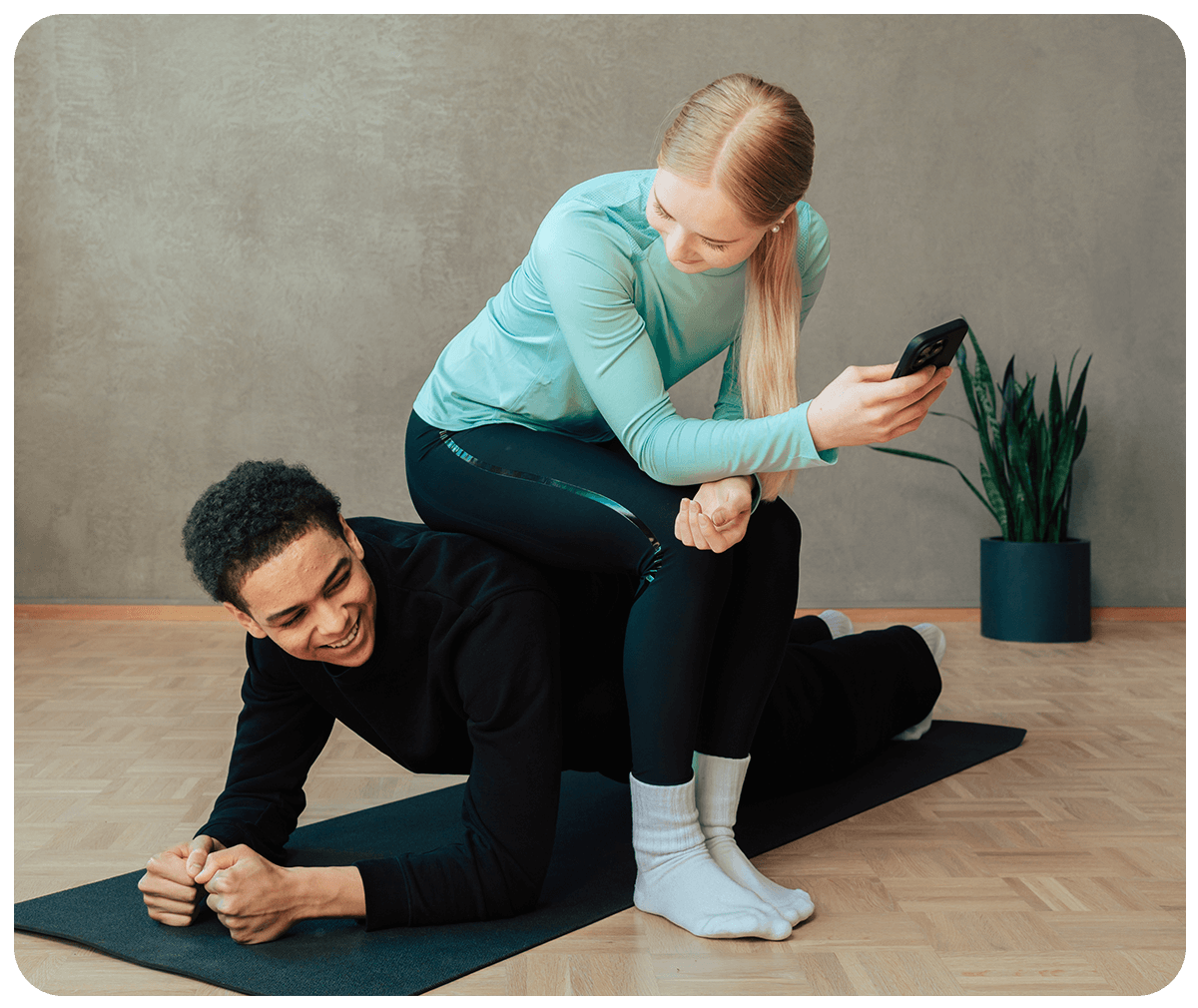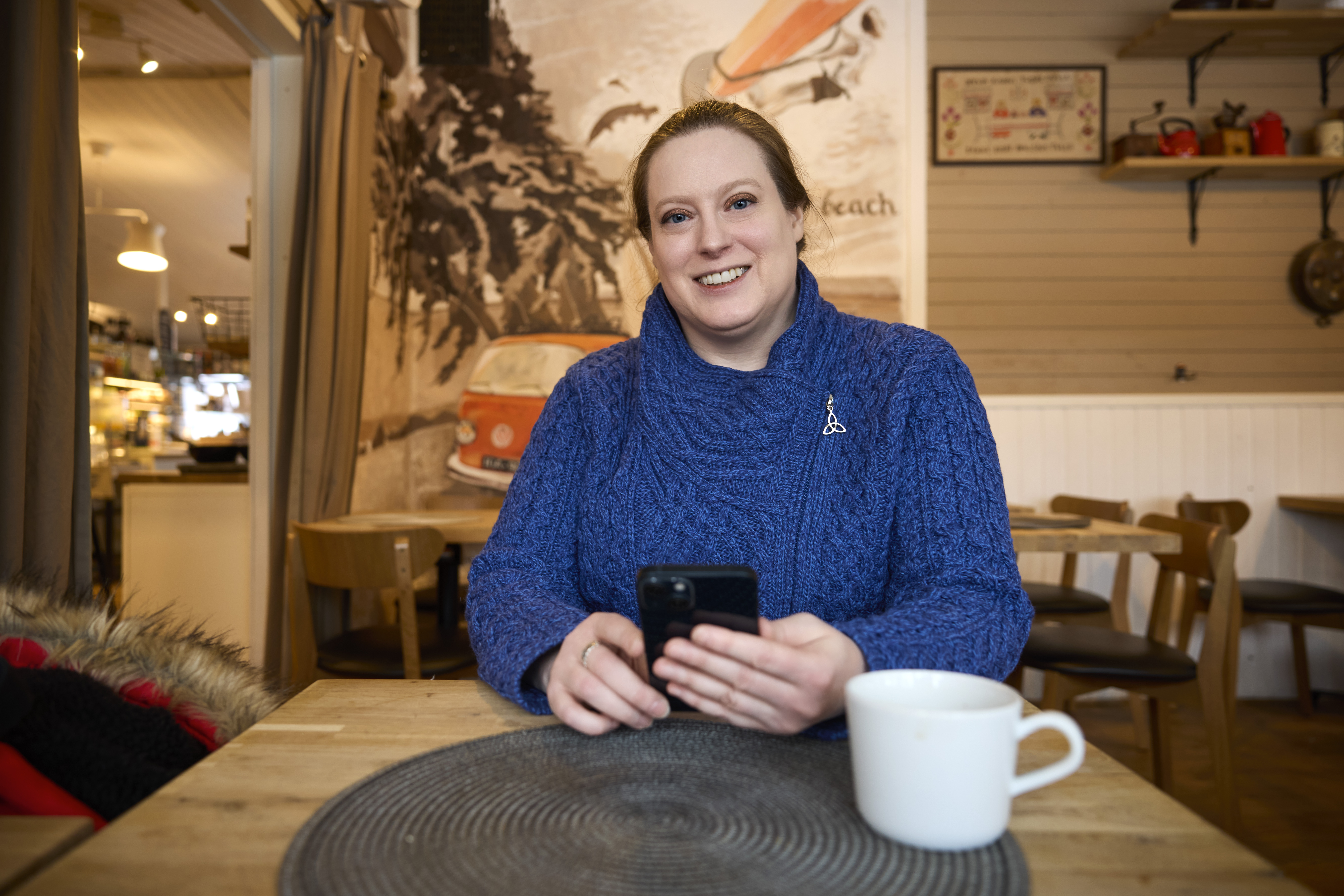What does breaking the language barrier mean?
When we talk about breaking the language barrier, we mean achieving real-life language skills, where you understand native speakers of the language you are studying and are able to have spontaneous conversations with them. You are able to produce sentences and be understood in your new language.
You can break the language barrier in 63 hours. Based on the WordDive exercise data, users can permanently learn an average of 600 objects in 63 hours, achieving level A2–B1, where their language skills allow them to get by in real-life situations. The learning pace and the starting level naturally affect the outcome.
63 hours spread over 3 months, for example, means about 5 hours of studying per week. Follow these tips to succeed!
Set realistic goals for learning the language
Several smaller sub-goals will give you a sense of achievement along the way and encourage you to continue learning. These goals should be as realistic and specific as possible.
Here are some examples of goals that you can set for yourself over the course of three months:
Month 1
- I can count to ten.
- I can greet and thank people.
- I can have a simple conversation in a restaurant.
- I can use the correct sentence structure when I speak.
Month 2
- I understand the context when I’m watching TV or listening to the radio.
- I’m beginning to understand unfamiliar words based on context.
- I’m starting to remember words that I always used to forget.
- I realise that I know the perfect phrase for a particular situation.
Month 3
- I am able to read news articles and understand what they’re about.
- I notice how native speakers converse easily with me.
- I pass the B1 test that measures language proficiency e.g. in professional settings (read more about CEFR skill levels).
Useful tips for improving your language skills in 3 months
1. Start speaking from day one.
Many language learners worry that they might mispronounce words or speak in a funny accent. Saying the words out loud as you practise will make it much easier to use the language in real-life situations.
When you find the courage to speak, your language skills will start improving rapidly. For example, you will be able to figure out the meaning of unfamiliar words from the context. You won’t be discouraged by small mistakes and will be able to let them go. If you can’t think of the right word immediately, you will be able to find another way to get your message across. Little by little, you will start speaking more confidently and naturally.
2. Memorise useful phrases.
Start by learning words and phrases that are as useful as possible. Also, have a clear picture of what specifically you want to learn. Think about situations you might find yourself in,
such as ordering coffee, asking for directions etc. The sooner you experience a sense of achievement in real-life situations, the greater your motivation will be!
3. Learn to introduce yourself.
Practise introducing yourself in one minute. This is a simple way of practising and combining some of the phrases and words that you have learned. When you travel, you are likely to encounter situations where you need to introduce yourself, so this is an extremely useful skill.
4. Do not stress about grammar.
Simple words and phrases are the most important things to learn in the beginning. Do not get entangled in the jungle of grammar rules; you can start learning them once you have mastered the basics.
5. Build learning habits.
Learning a new language is not easy, but by building learning habits and routines, you will start making progress in no time. Identify and choose your best times to study –
for some, this might be right before going to bed, whereas others might prefer brief sessions during coffee breaks. Whatever time you choose, create your own routine.
6. Binge on content that you enjoy.
What kind of movies, music, books or interests give you motivation? Inspiring content makes language learning fun and effortless, and a familiar topic will make it easier to understand the content.
7. Do not aim for perfection.
Beginners often aim for perfect fluency. This can lead to frustration and your motivation will start to waver. Learn to accept your mistakes, that is the key to fast learning.
8. Make use of WordDive.
By setting realistic, precise goals and focusing on learning the specific skills and vocabulary that you actually need, you will have everything you need to learn the language quickly.
You can considerably increase your chances of success by using WordDive.
The courses designed by professionals make language learning effective, rewarding and fast. The exercises help you learn by reading, writing, listening and speaking.
The learning algorithm tailors the progress and repetitions individually for each user to make studying as motivating as possible and help you learn things permanently. The courses are designed to make language learning effective, rewarding and fast.
You can complete your daily practice whenever and wherever you are: lying in a hammock, on a coffee break, during your commute… You are just 63 hours away from breaking the language barrier.










